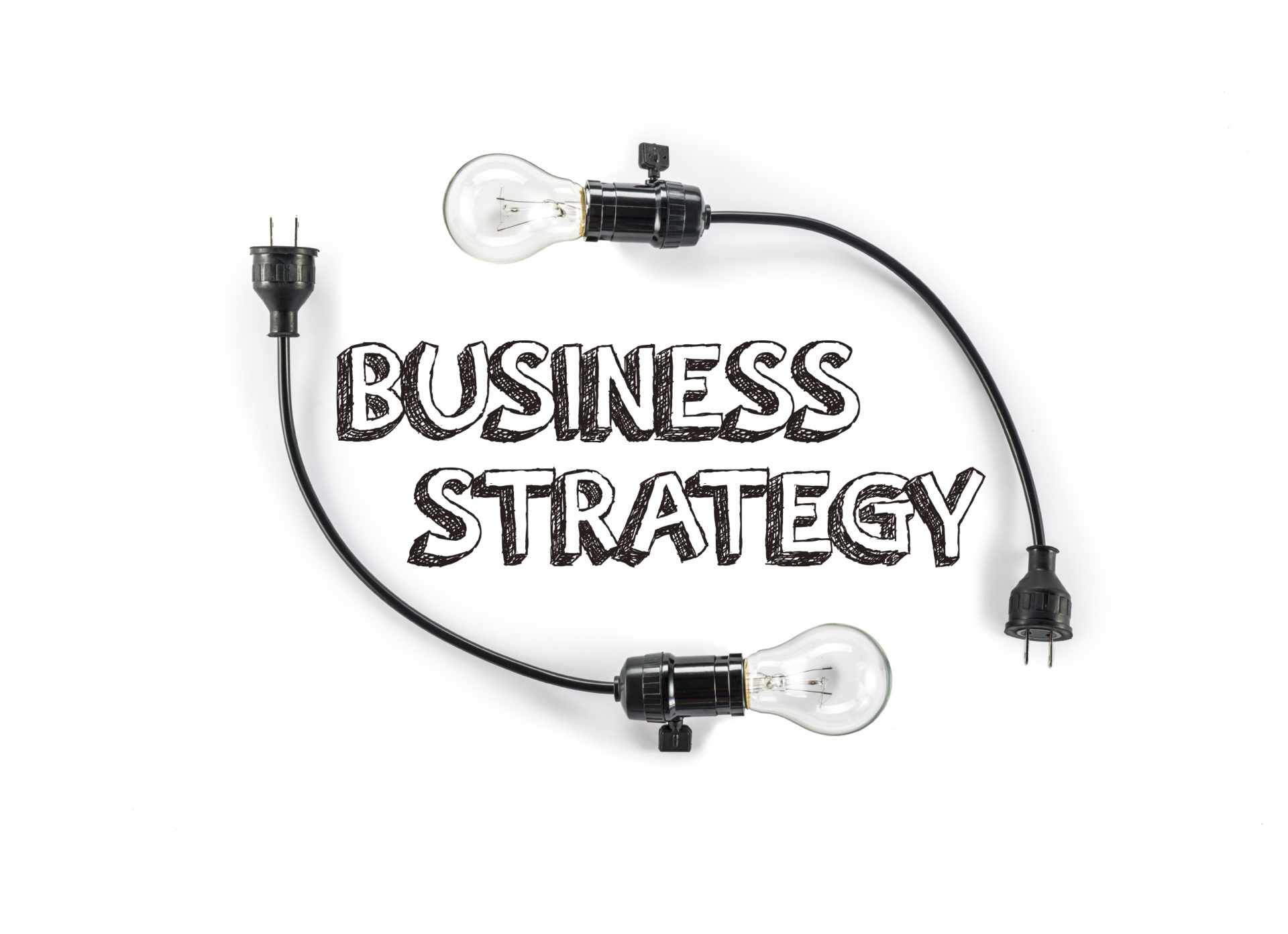
Why You Should Consider Influencer Marketing
Influencer marketing is one of the latest marketing buzzwords. A look at Google Trends shows that Google searches have been rising significantly. So what is influencer marketing and why should I care?
Influencer marketing involves marketing products or services to those who have “influence” over how consumers buy. Similar to a celebrity endorsement or testimonial, except for the influencer doesn’t have to be a celebrity, more often the influence stems from that individual’s expertise or reputation. With the explosion of the internet, bloggers and social media sites, a world of possibilities open up for influencer marketing and it is getting the attention of advertisers.
Word-of mouth recommendations are powerful.
Consumers trust people more than they trust advertisements. A study by McKinsey found that “marketing-induced consumer-to-consumer word of mouth advertising generates more than twice the sales of paid advertising,” and there was a 37 percent higher retention rate. Word-of-mouth advertising is effective, but the question remains as a consumer, are we more likely to buy from another consumer’s recommendation or from an expert in the product or service being recommended?
A study was conducted by Experticity in collaboration with Keller Fay Group and Dr. Jonah Berger, The Wharton School of the University of Pennsylvania. In this study, they looked at microinfluencers, which are not traditional celebrities, but rather individuals who work in that category or are knowledgeable and viewed as a trusted source of buying recommendations.
The researchers surveyed 6,022 U.S. individuals, both microinfluencers and average consumers. Additionally, they asked 885 people who had received recommendations from microinfluencers or average consumers, how likely they were to act on the recommendations.
Access the full results of the study.
According to the study, consumers are (82%) more likely to follow the recommendation of an influencer than an average customers’ recommendation (73%). Influencers are better at explaining how a product or service could be useful to you and are viewed as being more knowledgeable and credible.
Marketing is continually changing, so the best thing that a marketer can do is try to connect the brands they represent with consumers in authentic, trustworthy ways.
Be transparent about influencers’ relationships with your brand
Berger noted the value of word-of-mouth is that it seems unbiased. He added that consumers want to make sure that the information they’re getting is as valuable and objective as possible.
Johnson stressed that brands should be transparent about any paid relationship with influencers.
“A paid relationship does not always equate a lack of authenticity,” she said. “If someone is truly passionate about a product and category, that authenticity will show. Telling how you received the product (if free) is part of what keeps that authenticity alive.”
Influencer marketing is an off shoot of the age-old word-of-mouth advertising and a worthy strategy to consider. Advertising budgets are shifting more toward unblockable media. And influencer marketing is growing in popularity for customer acquisition. Chief Marketer reported that working with influencers on a marketing campaign can drive 16 times more engagement than paid or owned media. When trusted influencers engage with great brands the results can be powerful.



